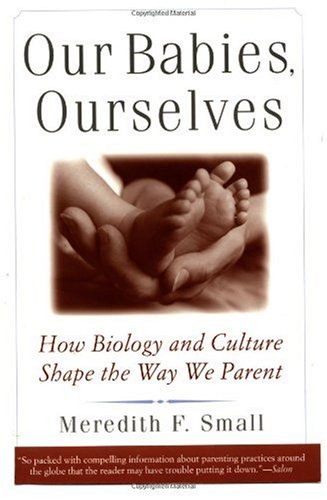Social Rules that Provide for Fathers
In all human cultures there is some sort of father in the typical family, either the biological father or a male maternal relative, who acts in ways that all societies would agree are paternal.^ ^ Anthropologists suggest that biological fathers in particidar have an important parenting role in societies where family life is strong, women contribute to subsistence, the family is an integrated unit of parents and offspring working for the same goal, and men are not preoccupied with being warriors These fathers must be assured of true paternity if they are going to invest in children; thus all societies have many mechanisms, such as legally sanctioned monogamous marriage and heavy punishment for adulterous wives, to reassure fathers that the children of the household are theirs. Although the degree of fathering across cultures varies, the potential for human males to contribute to infant care is great. They can provide food. shelter, protection, and daily care, and they usually do. There is also evidence that males can be intimately connected to their children, and that they have been selected by evolution to be good fathers.
Notes:
Laws certifying marriages and punishing infidelity create a social environment where fathers can know the children they are raising are their own and provide for them.
Folksonomies: fatherhood social contract patriarchal
Taxonomies:
/family and parenting/children (0.698020)
/family and parenting (0.260459)
/society/welfare/social services (0.140437)
Keywords:
Laws certifying marriages (0.910642 (negative:-0.541544)), important parenting role (0.793662 (neutral:0.000000)), fathers (0.727045 (negative:-0.541544)), biological fathers (0.665721 (neutral:0.000000)), good fathers (0.631914 (neutral:0.000000)), monogamous marriage (0.504794 (neutral:0.000000)), Social Rules (0.503232 (negative:-0.541544)), social environment (0.500677 (negative:-0.541544)), cultures varies (0.491154 (neutral:0.000000)), true paternity (0.487831 (neutral:0.000000)), heavy punishment (0.483771 (neutral:0.000000)), human males (0.483126 (positive:0.507953)), human cultures (0.482195 (neutral:0.000000)), adulterous wives (0.479346 (neutral:0.000000)), biological father (0.476920 (neutral:0.000000)), integrated unit (0.473930 (neutral:0.000000)), typical family (0.471753 (neutral:0.000000)), family life (0.457702 (neutral:0.000000)), food. shelter (0.442697 (neutral:0.000000)), daily care (0.427662 (positive:0.270656)), children (0.359621 (negative:-0.173891)), societies (0.318830 (neutral:0.000000))
Entities:
particidar:City (0.677139 (positive:0.312998))
Concepts:
Marriage (0.956216): dbpedia | freebase | opencyc
Family (0.754474): dbpedia | freebase
Mother (0.681504): dbpedia | freebase
Father (0.642056): dbpedia | freebase
Parent (0.601147): dbpedia | freebase | opencyc
Divorce (0.573528): dbpedia | freebase | opencyc
Nuclear family (0.420663): dbpedia | freebase
Sociology (0.410216): dbpedia | freebase | opencyc





